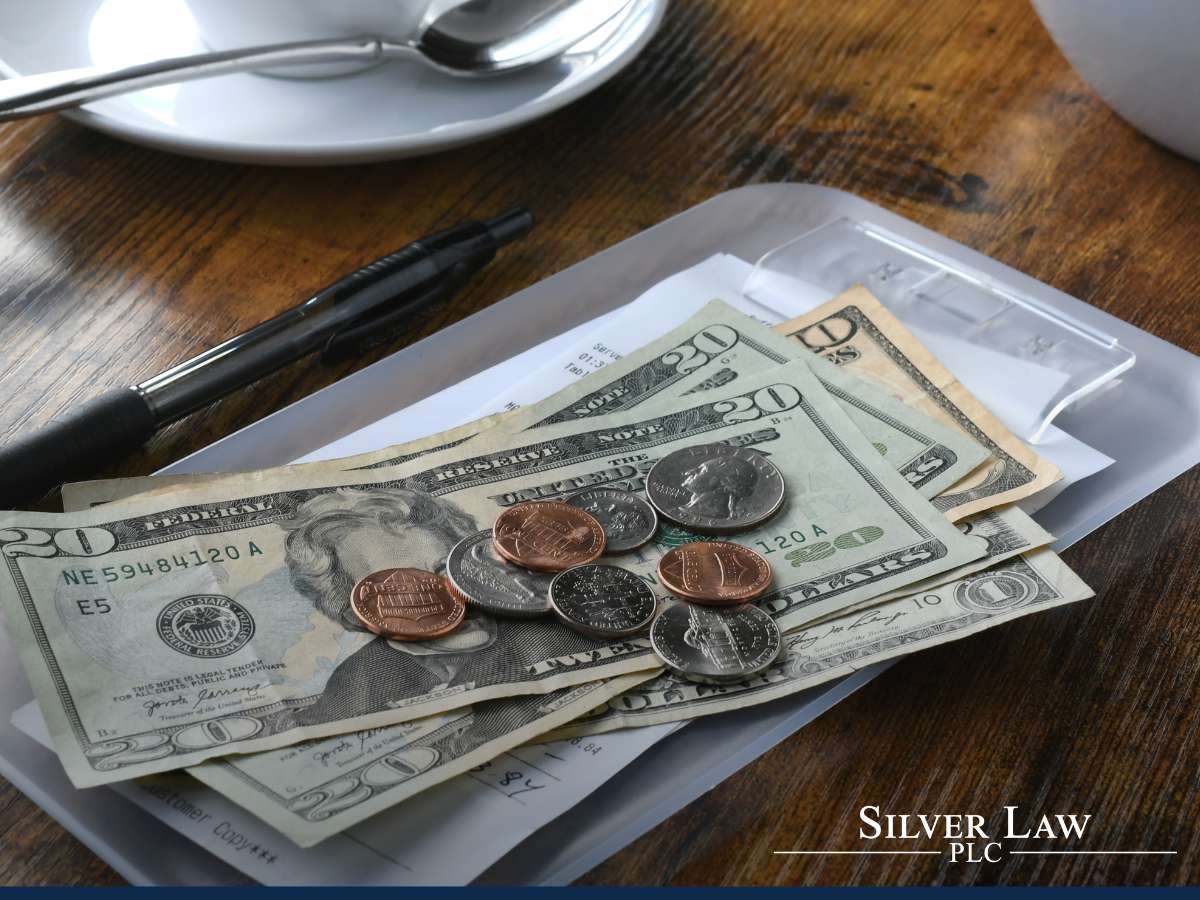For many service industry workers, tips are a major part of their income. Some employees earn only a minimal hourly wage, relying on tips to cover living expenses. Until recently, the IRS treated all tip income as taxable, just like regular wages.
The One Big Beautiful Bill Act, passed in 2025, changes that with its No Tax on Tips provision, effective through 2028. Under this law, eligible workers across multiple industries can exclude up to $25,000 of reported tip income from their federal taxes, helping them keep more of what they earn.
In this blog, we’ll explain how the law affects your taxes, which jobs may qualify, and the key limits you need to understand to maximize your benefits and stay compliant with the IRS.

Before the new law, all tips, whether received in cash, added to a credit card bill, or paid through a digital app, were fully taxable. Workers in tip-based jobs had to report their earnings as wages and pay federal income, Social Security, and Medicare taxes on those earnings.
For many people in restaurants, salons, and similar industries, this often meant smaller take-home pay. Because tips were counted toward total earnings, some employees were pushed into higher tax brackets even though their base wages remained low.
That changed when the One Big Beautiful Bill Act was signed into law on July 4, 2025. As part of this legislation, the No Tax on Tips provision was introduced to provide meaningful tax relief for service industry employees. Starting with the 2025 tax year (filed in 2026), eligible workers can exclude up to $25,000 in qualified tip income from their federal income taxes. The exclusion is available to individuals earning up to $150,000 per year and to joint filers earning up to $300,000, with income limits adjusted annually for inflation.
The U.S. Treasury and IRS are expected to release a list of occupations that customarily and regularly receive tips. Early reports suggest it may include roles such as wait staff, bartenders, musicians, bellhops, home cleaning professionals, hairdressers, electricians, and delivery workers. Updates from the Treasury are expected soon, which should provide clarity on exactly who qualifies under the new law.
While the No Tax on Tips provision is good news for many workers, there are several limits to keep in mind to avoid potential IRS audit triggers.
Your tax lawyer can help you understand all the nuances of this new bill and how it will impact you, especially if you are unsure whether you qualify.
The exclusion applies to reported tip income, whether it is received in cash, by credit card, or through a digital payment app. However, noncash items such as gift cards, event tickets, or merchandise are still considered taxable income under federal law.
You should also keep the following limits in mind:
Our tax lawyers at Silver Law have over 100 years of combined experience working in tax litigation, handling innocent spouse relief, working to avoid IRS audit triggers, representing clients during tax audits, and more. Taxes can be complex, and with the ever-changing rules and regulations, they can be overwhelming to navigate.
You don’t have to navigate the IRS alone. Reach out to our law firm today for peace of mind with your taxes.
How The New Overtime Pay Deduction Will Impact Taxes In 2025 As of the 2025…
Auto Loan Interest Deduction Explained: Rules, Limits & Who Qualifies Rising auto prices and higher…
2025 SALT Deduction Cap Increase: Who Qualifies & How To Maximize Your Tax Savings A…
How Trump's New Tax Law Reduces Social Security Taxes For Many Retirees For millions of…